Description
ENTERASYS A2H254-16-RH SecureStack A2 – 16‑Port Fiber Access Switch for Reliable Campus and Industrial Connectivity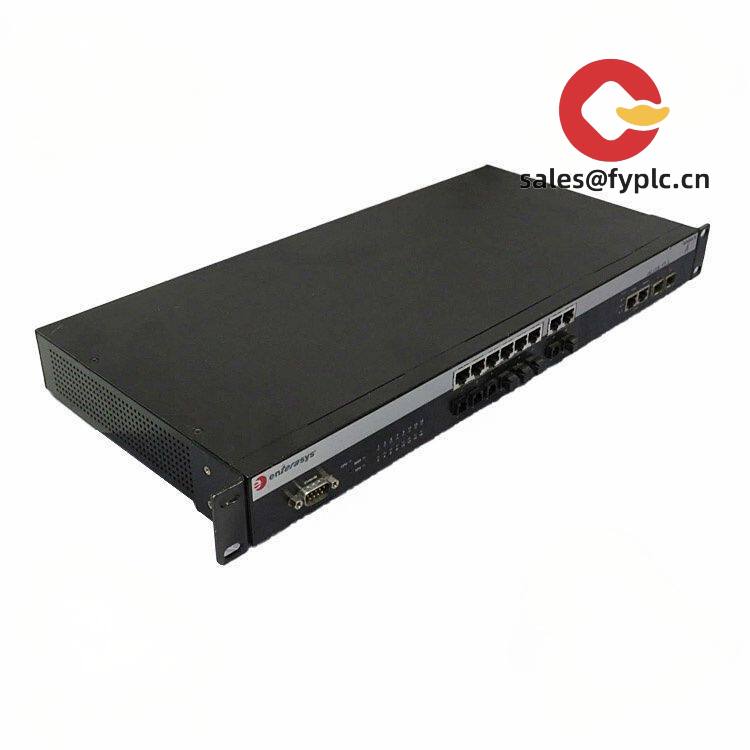
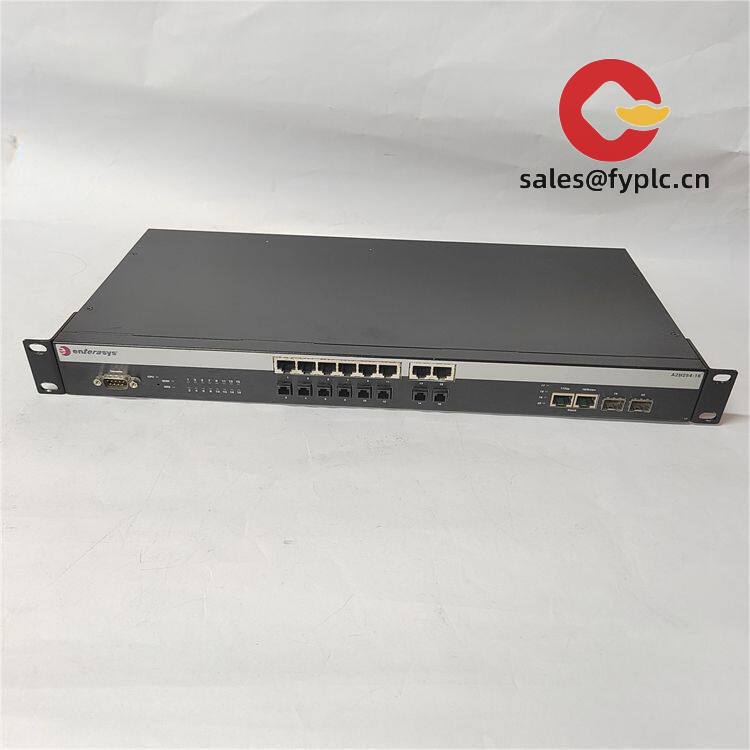
The ENTERASYS A2H254-16-RH is a SecureStack A2 series Layer 2 managed switch designed for environments where fiber is the safer, cleaner choice—long hallways in schools, noisy factory floors, and wiring closets that sit a few hundred meters from the core. From my experience, this model is typically deployed when teams need 100BASE‑FX fiber access ports with straightforward VLAN/QoS and rock‑solid stability. The “-RH” suffix indicates RoHS compliance, which in many cases helps with regulatory checklists on public sector bids.
Company’s Order Placement Process and Guarantees
- Warranty: 365 days
- Lead time: 1 week for in‑stock items; no more than one month at the latest
- Payment: 50% advance payment, full payment before delivery
- Shipping: FedEx, UPS, DHL
Key Features
- 16 x 100BASE‑FX fiber access ports – Ideal for extended runs and EMI‑heavy sites where copper isn’t practical.
- Gigabit uplinks for aggregation – Typically provides combo uplinks (SFP or copper) to tie into distribution or core switches.
- Layer 2 managed feature set – VLANs, QoS, and IGMP snooping for clean access segmentation and smoother multicast.
- SecureStack architecture – Designed to operate as a stackable access member in many A‑series deployments, simplifying expansion.
- Quiet, reliable operation – Appears to be optimized for closet installs where predictable thermal behavior matters.
- RoHS compliant (-RH) – Helps with compliance requirements in public sector and enterprise frameworks.
Technical Specifications
| Brand / Model | ENTERASYS A2H254-16-RH (SecureStack A2 series) |
| HS Code | 8517.62.00 (Ethernet switching equipment) |
| Power Requirements | Auto‑ranging 100–240 VAC, 50/60 Hz (internal PSU) |
| Operating Temperature | 0 to 40 °C (typical enterprise wiring‑closet range) |
| Signal I/O Types | 16 × 100BASE‑FX fiber access ports; Gigabit uplinks (SFP and/or 10/100/1000BASE‑T, depending on unit) |
| Communication Interfaces | Ethernet management; RJ‑45 console (out‑of‑band); SFP uplink slots where applicable |
| Installation Method | 19‑inch rack‑mount (1U) or shelf/desktop placement with adequate ventilation |
| Dimensions & Weight | 1U form factor; typical weight ≈ 4–4.5 kg |
Application Fields
You might notice that teams choose the A2H254-16-RH when fiber is already pulled to the edge or where there’s persistent interference on copper runs. Common placements include:
- Campus networks needing fiber to classrooms or remote buildings (long runs over MMF/SMF).
- Industrial and logistics facilities with EMI concerns and electrically noisy machinery.
- Transportation depots and stadiums where security cameras and access control backhaul over fiber.
- Healthcare and government sites that standardize on fiber drop points for isolation and safety.
Advantages & Value
- Drop‑in replacement for existing A2 stacks – Minimizes change windows and avoids re‑training.
- Fiber at the edge – Reduces attenuation and interference, typically improving link stability over distance.
- Interoperability – Plays nicely with common L2 designs (802.1Q VLANs, basic QoS), easing multi‑vendor cores.
- Cost control – Extends the life of existing fiber topologies without moving to more expensive chassis gear.
- Service support – We pre‑test units, and in many cases can preload firmware/config to cut on‑site time.
Installation & Maintenance
- Cabinet standards – Install in a 19‑inch rack with 1U space; leave front/rear clearance for airflow.
- Ventilation – Keep ambient 0–40 °C; avoid dust‑heavy zones or plan periodic cleaning of intakes.
- Power & grounding – Use a conditioned 100–240 VAC feed; from my experience a UPS helps avoid nuisance outages.
- Fiber handling – Clean connectors before insertion; match MMF/SMF type, connector, and optics to your uplink.
- Wiring – Label VLANs and trunks; verify spanning‑tree and IGMP snooping to prevent loops and flooding.
- Routine care – Back up configs after changes; review log/sNMP traps; plan periodic firmware updates when available.
Supporting Components (Frequently Paired)
- Gigabit SFP modules – 1000BASE‑SX (MMF) or 1000BASE‑LX (SMF) for uplinks to distribution/core.
- Fiber patch cords – Match your unit’s port connector (commonly LC or MT‑RJ) and fiber type (OM2/OM3 or OS2).
- Rack‑mount kit – Standard 19‑inch brackets and screws for secure installation.
- Console cable – RJ‑45 serial cable for out‑of‑band CLI access during provisioning.
- UPS & PDU – Line‑interactive UPS and metered PDU to stabilize power and simplify maintenance windows.
Quality & Certifications
- RoHS compliant (-RH)
- Typically CE and UL listed; FCC Class A emissions
- ISO‑aligned production processes from the original manufacturer
Warranty provided by us: 365 days. Units are professionally inspected and tested prior to shipment; we can share test reports on request.


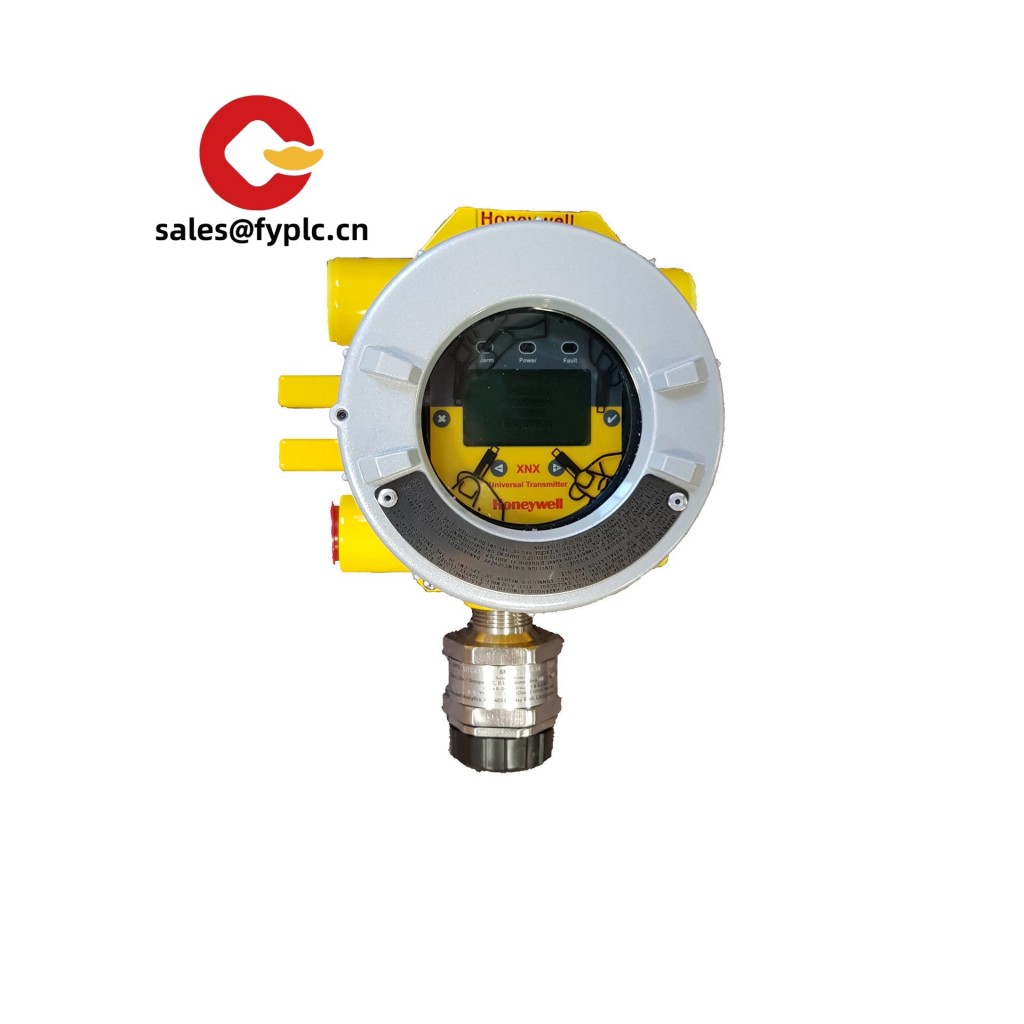
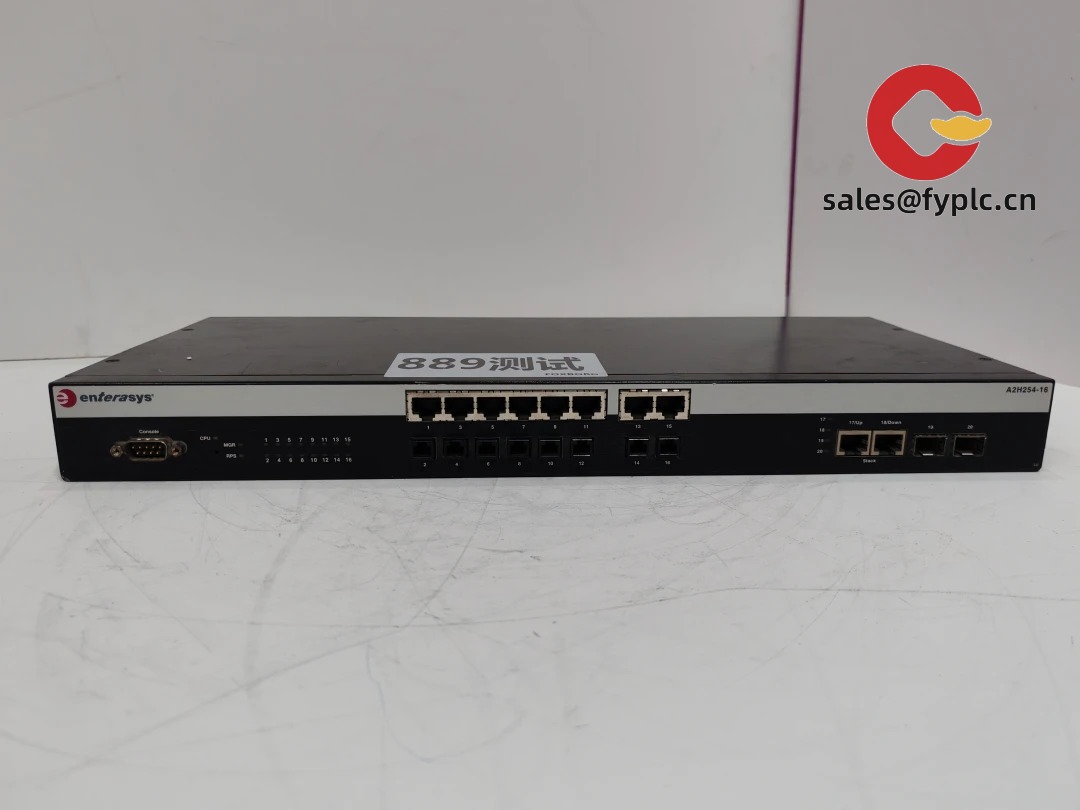

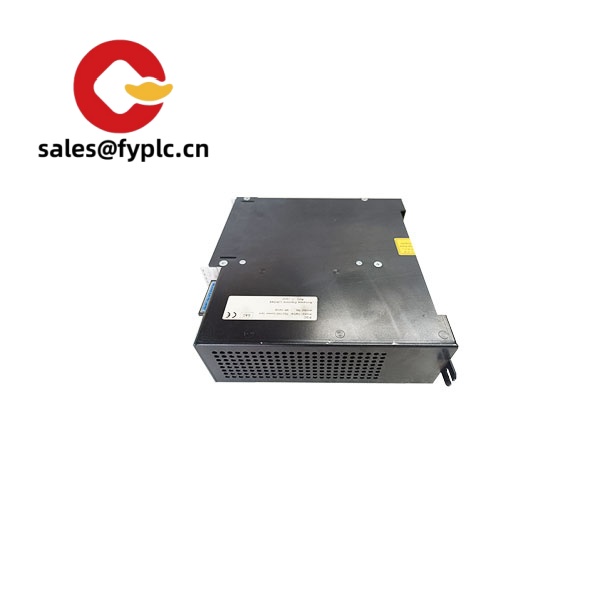
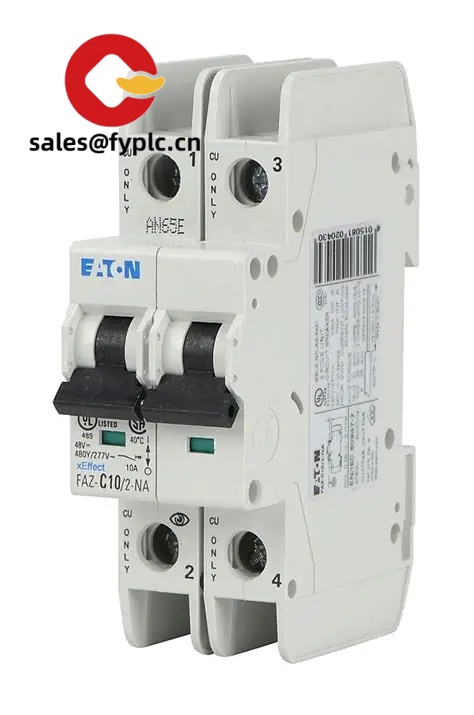
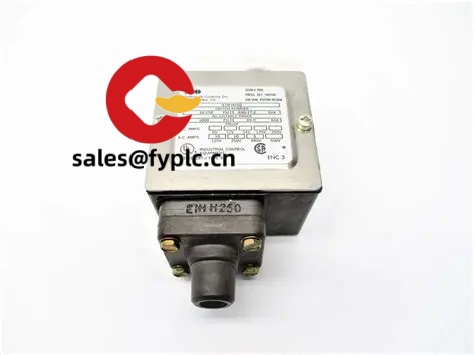
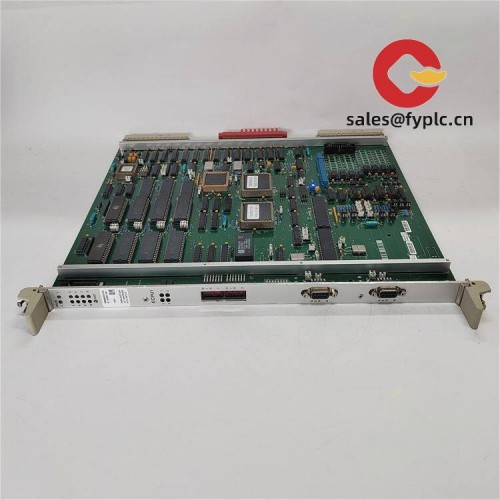
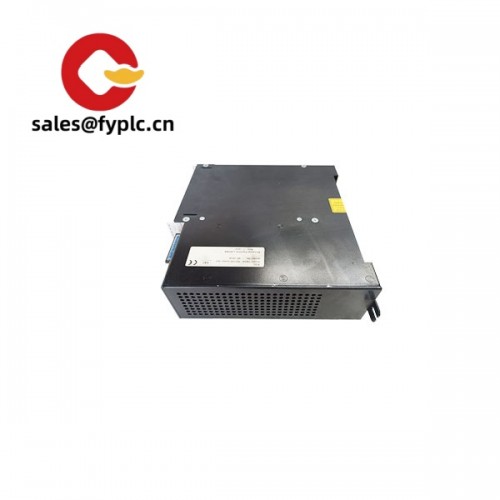
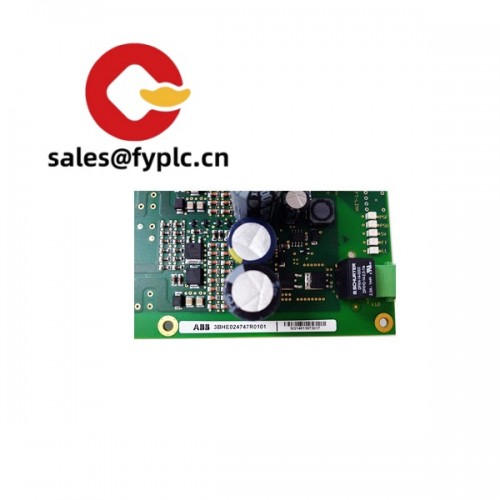


Reviews
There are no reviews yet.